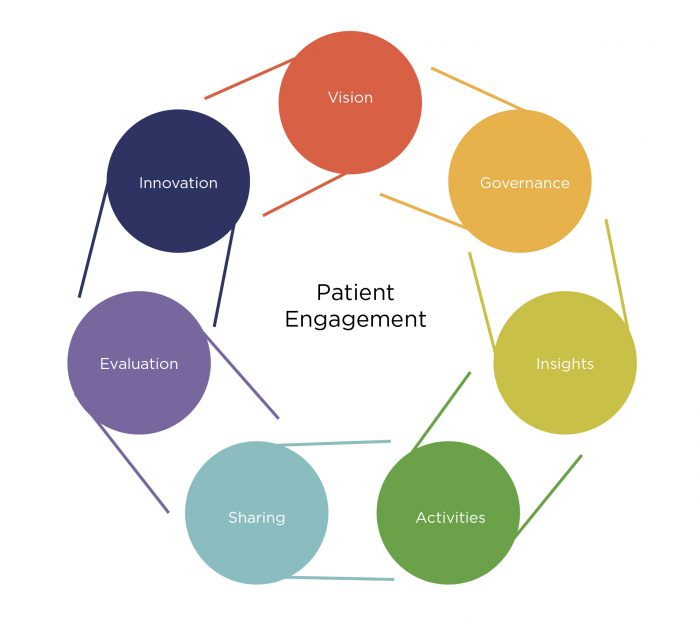Patient Engagement in Action: Informed Consent in Research

In 2017 I was scheduled to undergo heart surgery at the University of Ottawa Heart Institute (UOHI) and was asked to sign a consent form acknowledging that the risks associated with the surgery had been fully explained to me, and that I understood and accepted them.
This notion of informed consent is an extremely powerful one in health care – and in research involving humans as “subjects”.
It is my privilege to represent patients’ perspectives on The Ottawa Health Science Network Research Ethics Board (OHSN-REB). The OHSN-REB meets once a month to evaluate the ethical aspects of all research proposals from the UOHI that involve human subjects. The majority of the OHSN-REB members are doctors and clinicians. As I am not a medical doctor, my role is to assess research proposals from a lay perspective to ensure that the individuals being asked to participate in the research are aware of any potential risk they may be exposed to, so that their consent, when given, is as informed as possible.
The research that the OHSN-REB assesses can involve, for example, the application of new procedures, the introduction of new medical devices, the administration of new drugs, or the implementation of new patient care protocols. In each of these situations it is important that the patient’s voice is heard so that the research is more human-centered and appropriate in the long term.
Funding for scientific research in Canada comes from many sources, amongst them the Canadian Tri-Council which consists of the Natural Sciences and Engineering Research Council of Canada (NSERC), the Social Sciences and Humanities Research Council of Canada (SSHRC), and the Canadian Institutes of Health Research (CIHR). Increasingly CIHR has a requirement that the patient’s or research subject’s “voice” is heard throughout the research process. Additionally, all funding agencies require rigorous training for people sitting on Research Ethics Boards to ensure that they fully understand how to interpret and understand the risks involved for human subjects.
As mentioned previously, my participation in the OHSN-REB is the main role that I undertake on behalf of the Patient Alumni, and it is my privilege to be this “voice” in the decisions that are taken in respect of ensuring the ethical nature of the research at the UOHI. The role required significant hours of training before I could participate in the OHSN-REB’s activities, and also a continuous program of development to ensure that I operate to the current federal and provincial standards.
It is a true privilege to play a small part in the research process of the UOHI, which is truly world-class and groundbreaking in patient care.
Stephen A Stuart. Ph.D.
June 2022
